There was no question in our minds that this editorial should be devoted to the importance of honouring our nation’s veterans today.
On November 11, whether in the UK or somewhere else, we invite our readers to participate in a local Remembrance Day service and show their respects if you are able. If, for some reason, that is not possible or you do not wish to, we nevertheless urge you to pause what you are doing at 11 a.m. and observe a moment of silence in honour of the people who have given their lives in the past and today to protect this nation’s freedom.
While Remembrance Day often focuses on the World Wars and other wars that have passed, more conflicts around the world have recently cropped up. The Russian invasion of Ukraine earlier this year and the protracted armed struggle that still rages there to this day serve as a sobering reminder of how flimsy peace may be.
These and other active military conflicts throughout the globe highlight how crucial it is to remember the men and women who gave their lives so that we could enjoy the freedoms we do today.
Lest we forget.


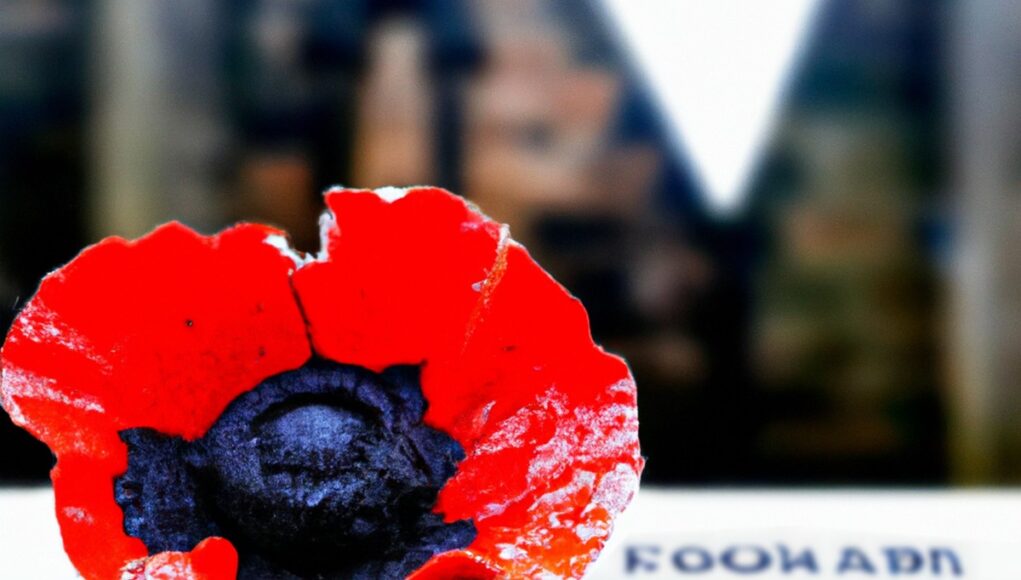
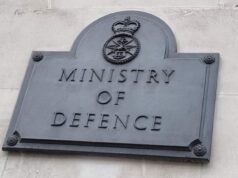
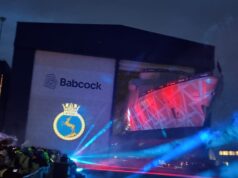
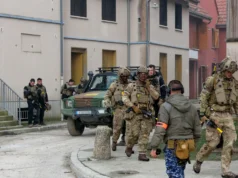

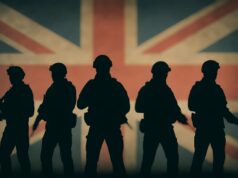
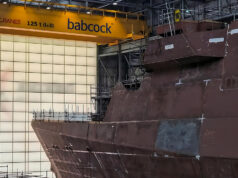
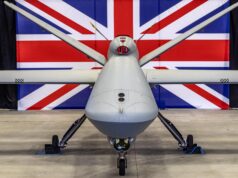
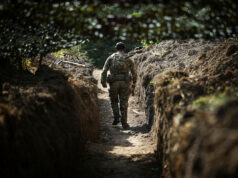
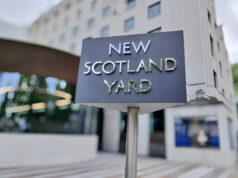
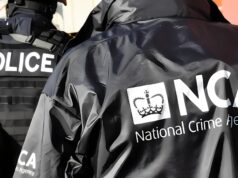

And not to forget the ANZACs too….
A lot of Aussie and Kiwi blood was spilt during WWI, WWII, and other conflicts, both before and after.
My paternal Grandfather fought in the Boer War (wounded and survived), my maternal Grandfather, 2nd Battalion AIF, fought at Gallipoli (also wounded and survived).
My Father, and all my Uncles fought here at home and overseas, against the Japanese during WWII.
Lest we forget.
We can never forget the ANZACs or the Sikhs and of course the Gurkhas.
Well said.
Well said John , too this I ad the South African forces. My dad fought in Italy with the 6th SA armoured division.
Morning Klonkie! Started to watch your fascinating You Tube. Will watch in full during the Builders break from mid December when the pressure is off. Respects to your Dad. My wife’s Dad fought “up North” in Egypt.
Cheers from Durbs
top of the morning Geoff, thanks for the ping -good to her from you .
Not forgotten John. Australia and New Zealand are bloody good countries and bloody good people! 🇬🇧 🇦🇺 🇳🇿
Like many here, dad was in WW11, survived Dunkirk, Africa, Singapore, Burma. Loved the Gurkhas. Awesome country and people of Nepal 🇳🇵.Respects and thanks to them all, past and present. Grateful to even have my parents and to exist today.
The Boer War(or Anglo-Boer) was a sad and unecessary conflict that cast a stain on Britain’s name John. I say this as a proud Brit and not in any way to disrespect your Grandfathers service or indeed any of those from the Empire who served. When we came here in 1963, my first and best friend was an Afrikaaner.His dad and mine used to drink together at the local pub and he used to cry after a few beers recalling what had happened during that conflict. My Dad,ex RAF, listened sympathetically. It is hard to believe that many of the combatants on both sides were still alive then! We have all moved on though, and here in South Africa, Boer and Brit have grown closer as we face a new threat-not in any racial sense, but against an evil and corrupt government bent on destroying this country.
Your family has a wonderful military heritage John. You should be very proud.
an excellent summary Geoff . I think it’s true to state the roots of apartheid are founded in the suffering and mis treatment of the Boer War and children in British concentration camps – the first of their kind.
This doesn’t (off course) condone apartheid , but having lived in SA for most of my life, on can see how and why it developed.
Can never forget the ANZACS. And not to forget Canada as well.
I was brought up in Harefield Middlesex just outside London, as a school child every 25th April we used to attend an Anzac Service at the local church to commemorate the Anzac soldiers of WW1, that had unfortunately died from their wounds or illness in Harefield hospital. After the service we put flowers on their graves.
Hi Clive,
Interesting you mention Harefield Hospital.
After my Grandfather, Pte Arthur Douglas MacDonald, was wounded at Gallipoli, he was firstly transported back to Alexandria Egypt, then transported to England to recuperate at Harefield Hospital (there are some family photos somewhere taken of him and fellow patients at Harefield).
He was eventually transported back to Australia for discharge and back to civilian life.
He was a very quietly spoken man, a rather gentle soul, he passed away in 1967 when I was eight years old.
Cheers,
Rest Eternal grant to them O Lord and may thy light perpetual shine upon them.
Amen.
My uncle Reuben was in Gallipoli whilst his dad, my grandfather, was in the trenches of France. They both survived. I never forget the sacrifice of those generations.
At work today but took time out at 11.00a.m.plus lit a candle 🕯in Rest room.
nice one Andrew well done
Like many in this country, my family lost members in both world wars.
Wherever I am, whatever I’m doing, I always stop and observe the two minutes silence to remember our dead. One of them was my uncle, a 16 year old RMLI bugler boy who was lost on 22nd September 1914, when his ship HMS Aboukir was sunk by the German submarine U9. One of the Live Bait Squadron. The others were HMS Hogue and HMS Cressy, who were sunk that same morning
Eh?
Nicely written Wolf. The goodness of humanity here.
Always salutary to return from Rememberance Sunday service and wreath laying. Not too many WW2 veterans left. Thanks to those who organize these at war memorials up and down the country.
Since 2014 I have run my website researching and profiling all the local men near me, named on the war memorial and those who returned.
Its amazing what you can find and learn about the men, service and family life!